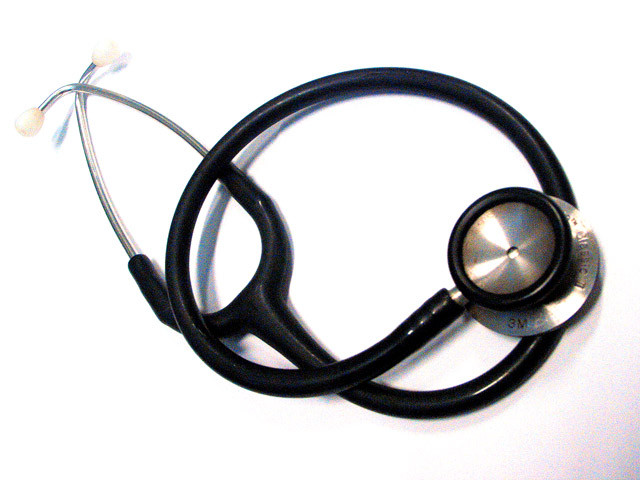Doctors, experts meet to improve undergrad medical education
A conference was organised by DUHS where curriculum and exam patterns were discussed.

The two-day conference on “Building Bridges for Medical Education Reforms” was organised by the Dow University of Health Sciences (DUHS) on Saturday at the Ojha campus, which was attended by more than 60 principals and deans of medical institutions across the country.
“We are all working to improve our curriculum and exam pattern at an institutional level but the need of the hour calls for a collective effort to improve undergraduate medical education, that too by the next academic year,” said Pakistan Medical and Dental Council (PMDC) president Professor Syed Sibitul Hasnain. The initiative is being taken to facilitate both public- and private-sector institutions to share their work, policies and challenges with officials from the PMDC and the Higher Education Commission.
Each year more than 10,000 students are enrolled in the first year of medical school throughout Pakistan, Hasnain said. “These are the future medical care providers of the country.”
He announced that with the final recommendations of all the participants after the conference, an improved and upgraded curriculum can be made.
In his welcome address, DUHS faculty of medicine dean Professor Salahuddin Afsar said that medical education was undergoing rapid changes throughout the world and there is a dire need to adopt a holistic approach towards the medicine and the change.
Meanwhile, DUHS vice-chancellor Professor Masood Hameed Khan said the university’s vision is to foster a foundation of exemplary academic achievement and provide an environment that encourages active learning through state-of-the-art technology. “We have established several institutes that provide technical and technological training. In fact, they are providing expensive healthcare services at economical rates,” he said.
According to the organiser, the conference will provide a much-needed platform to develop an understanding of innovations required in medical education. It will also hope to pitch plausible solutions for quality education by exchanging ideas and knowledge to produce the best medical graduates in the world, he said.
Replying to a question Hasnain said the Lyari Medical College has not been issued a no-objection certificate (NoC) by PMDC and it has not yet been registered with the council due to an incomplete faculty.
Others who spoke included Taif University medical education director Dr Syed Moyn Ali, the Aga Khan University Hospital’s (AKUH) professor of family medicine and department of educational development associate dean, Professor Rukhsana Zuberi and Ziauddin University dean Professor Kamran Hameed.
Proposals by PMDC:
Change in curriculum and exam pattern
Medical college entrance tests to be held at the same time
Faculty of all government and private medical colleges will be registered with PMDC
Faculty members will not be allowed to get jobs in other colleges during academic year
Published in The Express Tribune, January 16th, 2011.



















COMMENTS
Comments are moderated and generally will be posted if they are on-topic and not abusive.
For more information, please see our Comments FAQ